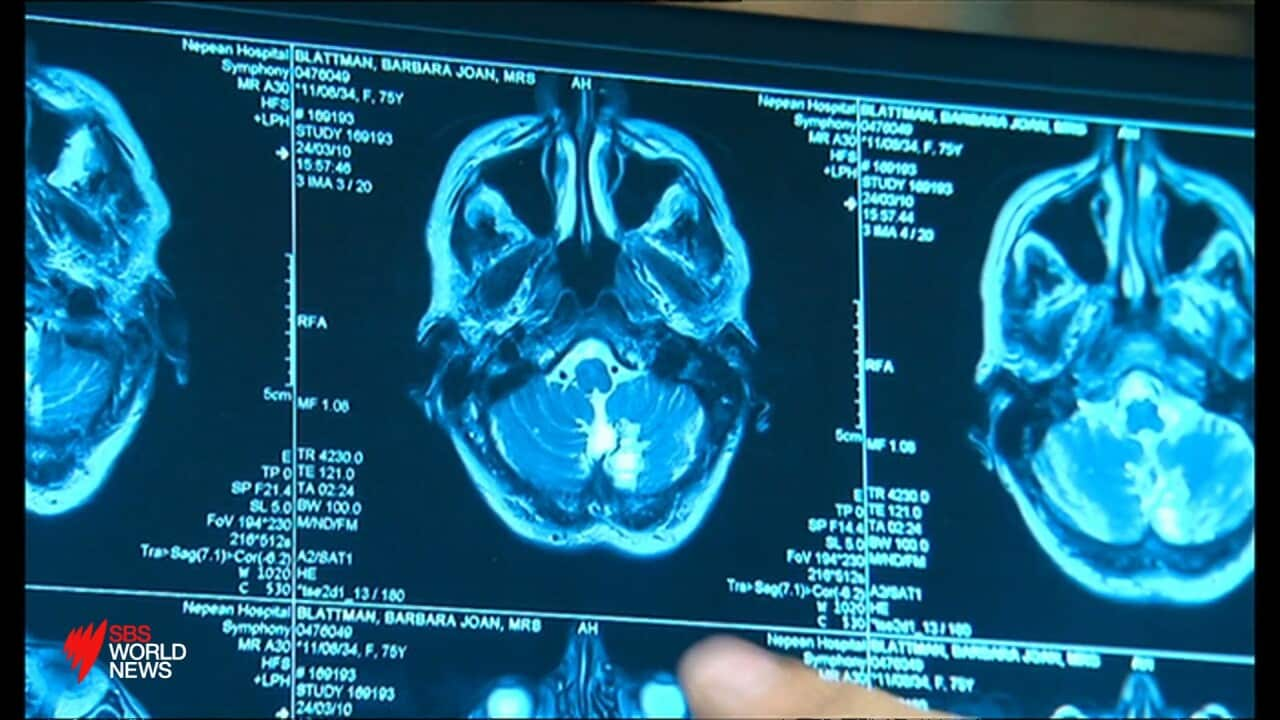When he woke up with a headache and couldn't get a couple of tablets out of a packet, Brendan Nicalsen knew something was wrong.
"I was dropping them. I couldn't move my fingers properly," he told AAP.
Panicked, the 70-year-old woke his wife who - seeing his drooped mouth and slurred speech - asked their daughter to call for an ambulance.
He had experienced a stroke and within hours had undergone surgery to have a clot removed from his brain - and he was discharged from hospital, with few side effects, less than two days later.
"They were saying how lucky I was," he said.
Some of the Victorian's luck was that the hospital at which he was operated on had known he was a candidate for a clot retrieval.
It had been involved in a study that extended the window for the operation for some people from six hours after their stroke to 24.
The study's findings were made in late 2017 and would not have been in the clinical stroke guidelines at the time of Mr Nicalsen's March stroke, due to the time taken to update the document.
The federal government is giving $1.5 million to the Stroke Foundation and Cochrane Australia for a world-first project aimed at ensuring the same couldn't be said in the future.
The organisations are setting out to create the world's first set of "living guidelines", through which artificial intelligence will source all of the latest research, clinical experts will review it and the guidelines will be updated, with doctors able to access them online from any device.
Stroke Foundation chief executive Sharon McGowan said in the past paper guidelines could take up to 10 years to reflect some research.
"This will transform that paradigm," she told AAP.
"We will actually be able to provide the latest and the best access to information, put it in the palms of the hands of our clinicians, at the bedside."
Health Minister Greg Hunt said ensuring people get treatment for stroke quickly is key to their survival and rehabilitation.
"When it comes to diagnosing and treating strokes we know that time is vital," he said.
"Minutes can literally mean the difference between life and death."
There were about 56,000 strokes in Australia in 2017 - meaning someone was experiencing one about every eight minutes.
Share
